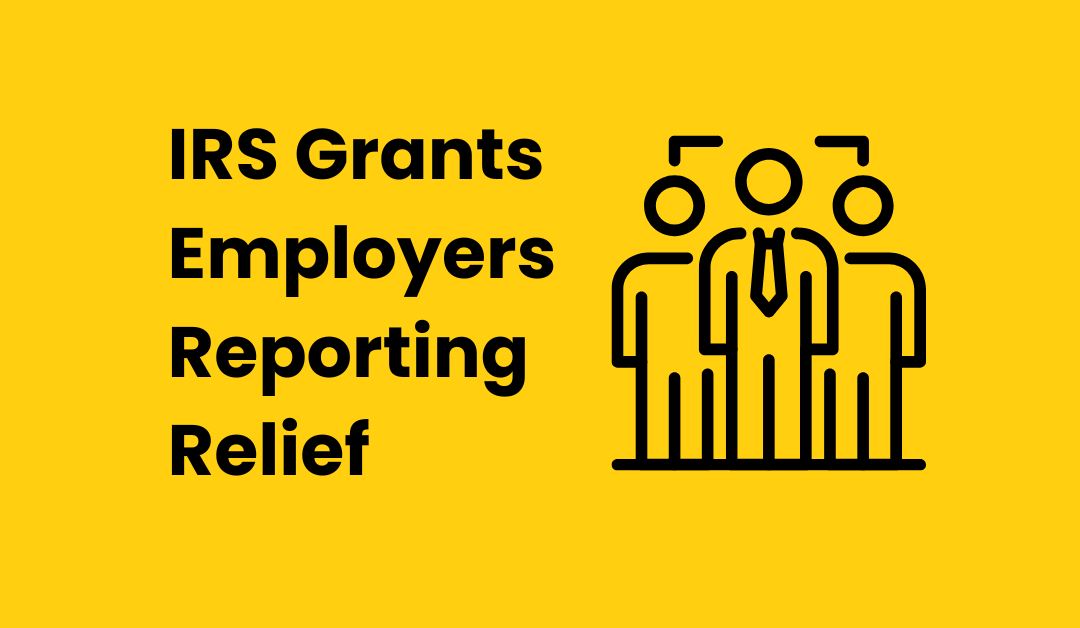The IRS has announced new reporting relief for employers on tips and overtime wages, confirming that no penalties will apply for Tax Year 2025 as businesses transition into updated reporting requirements. This update impacts restaurants, hospitality companies, retailers, and any employer with tipped or hourly workers. Learn what this means, how to stay compliant, and how to use Hive Tax AI for AI tax research and AI tax planning to stay ahead. Click to dive deeper into what every business should prepare for now.
IRS Provides Reporting Relief: No Penalties for 2025 on Tips & Overtime Reporting
In a significant development for employers—especially in industries with large hourly and tipped workforces—the IRS has announced penalty relief on reporting tips and overtime wages for Tax Year 2025. As employers adjust to evolving wage-reporting rules under recent federal updates, this temporary relief period gives businesses time to update payroll systems, compliance processes, and internal controls.
This change is especially relevant under the broader compliance environment shaped by modernization initiatives at the IRS, including digital information-return matching, automated underreporter expansions, and continued enforcement across employment tax categories.
To analyze these updates easily and accurately, many tax professionals are now turning to AI tax research tools like Hive Tax AI, which helps verify authoritative guidance and generate client-ready insights in minutes.
Why This Reporting Relief Matters
✔ Reduced Risk for Restaurants, Hospitality, Retail & Service Industries
Industries with large tipped workforces often struggle with consistency in tip reporting, tip allocation, and proper overtime pay calculations. The IRS’s penalty relief for 2025 allows employers to adjust without facing immediate compliance exposure.
✔ Time to Implement Stronger Payroll Systems
Businesses can use this transition year to modernize payroll practices, ensure accurate capturing of electronically reported tips, and validate overtime computations that comply with the Fair Labor Standards Act (FLSA).
✔ Supports Accurate Filing Under Increased IRS Data Matching
The IRS is continuing to scale automated data-matching models for employment taxes. This relief gives employers additional time before penalties kick in.
What Is Changing for 2025?
1. Relief From Penalties on Tip Reporting
Employers who traditionally face exposure under underreported or unreported tips—such as restaurants and bars—will benefit from a one-year cushion as they adapt to updated reporting expectations.
2. Relief From Penalties on Overtime Wage Reporting
With overtime reporting requiring accurate tracking of both base wages and additional hours worked, the IRS recognizes the complexity and is providing additional time for system compliance.
3. Applies Only for Tax Year 2025
This is not a permanent change. Penalties will resume after the transition period unless further guidance is issued.
4. Employers Must Still Make a Good Faith Effort
Relief does not mean employers can ignore recordkeeping. The IRS expects employers to demonstrate reasonable efforts to comply.
For up-to-date authoritative guidance, including IRS releases and employment tax rules, you can use Hive Tax AI for AI tax research, which pulls from statutes, regulations, IRS publications, and official notices.
Industries Most Impacted
- Restaurants & Food Services
Tip reporting is a long-standing compliance challenge. - Hospitality
Hotels and resorts with service fees, gratuities, and variable overtime. - Retail & Customer Service
High hourly turnover and variable scheduling increase risk. - Gig & On-Demand Labor Platforms
Although not traditional W-2 employers, many hybrid workforce models require clearer tracking.
How Employers Should Use This Relief Year
1. Audit Existing Payroll Systems
Ensure tip reporting and overtime tracking align with IRS Publication 15 and FLSA rules.
Resource: IRS Employment Tax Guide (Pub. 15)
2. Train Managers & Supervisors
Most tip-reporting errors originate in day-to-day operations.
3. Update Time-Tracking Technology
Accurate overtime data requires precise clock-in/clock-out records.
4. Use AI Tools to Stay Compliant
AI-powered platforms like Hive Tax AI help CPAs, EAs, and business owners research requirements, generate planning strategies, and stay updated on IRS guidance.
Why CPAs and Tax Pros Are Using Hive Tax AI
Tax professionals are increasingly adopting AI tax tools to respond quickly to IRS updates and employer compliance questions. Hive Tax AI helps by:
- Performing AI tax research on complex reporting issues
- Providing AI tax planning insights on wage structures
- Summarizing IRS releases, FLSA rules, and payroll guidance
- Generating client-ready letters, memos, and advisory notes
- Offering insights on agentic AI in tax workflows for firm efficiency
If your clients have tipped workers or overtime exposure, this is an ideal time to incorporate modern research tools.
Conclusion: 2025 Is a Strategic Transition Year—Use It Wisely
The IRS’s decision to waive penalties for tip and overtime reporting in 2025 gives employers valuable breathing room. Businesses should use this year to strengthen internal payroll systems, reinforce compliance training, and prepare for full enforcement in 2026.
Tax professionals supporting these industries should take advantage of modern AI tax research tools, and Hive Tax AI is purpose-built to help firms stay ahead of regulatory changes with speed and confidence.

